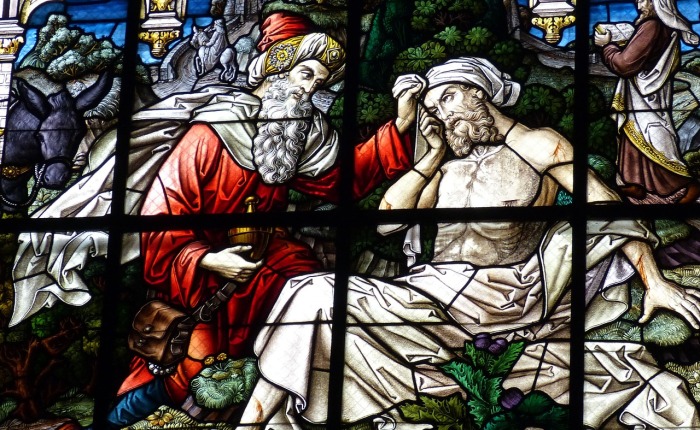I was recently writing an academic paper on medical ethics, based on the parable of the Good Samaritan as related in Luke 10:25-37. As I researched this parable, I was amazed at its influence, and began to wonder, has any story as simple as this had the reach and power of this parable? It would have taken Jesus just a few minutes to relate, but its influence has reached the corners of the globe over the last 2000 years. Let’s look briefly at some of the ways it has become deeply embedded in our culture.
Firstly, the term ‘Good Samaritan’ is well used by law-makers. Good Samaritan laws are laws that give legal protection to those who help a stranger in need of aid in emergency situations. They prevent rescuers from being prosecuted for wrongful injury or death, and are common around the world – all because the parable teaches us to help those in need.
The term ‘Good Samaritan’ is also widely employed in the name of many medical facilities, as a quick Google search will reveal – healthcare centres, hospitals and hospices. In fact, Gerald Arbuckle describes the parable as ‘the ultimate founding myth of healthcare’.
There are also numerous charities that use the term – in the United Kingdom, the Samaritans is a charity dedicated to helping those struggling with emotional issues and those at risk of suicide. Samaritan’s Purse is an evangelical Christian humanitarian aid organization.
Finally, philosopher Charles Taylor describes the parable as ‘one of the original building blocks out of which our modern universalist moral consciousness has been built’. We all know what being a Good Samaritan involves – a sacrificial act to help someone in need. The lawyer in the parable wanted a precise definition of his neighbor so he knew who he should love, and who he wasn’t required to. After telling the story of the Good Samaritan, Jesus asks him, ‘which of these three, do you think, proved to be a neighbor to the man who fell among the robbers?’. The answer was obvious – neither the lawyer, nor any of us need to be told. In just a few simple sentences, Jesus sums up our obligations to others in a way no-one has ever been able to improve on.
